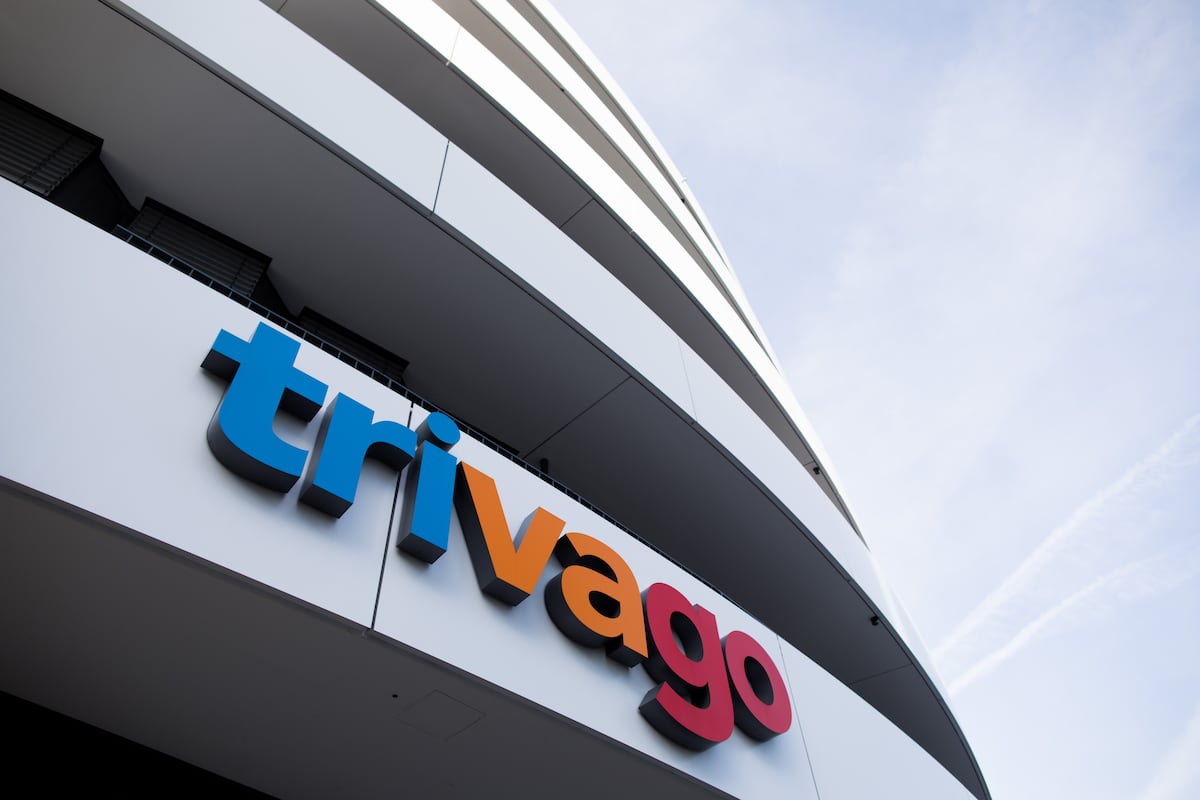Trivago, the metasearch engine born in Germany in 2005 and later acquired by the American giant Expedia in 2012, it was one of the major players in the Spanish online hotel reservation market, becoming one of the systems most used by users to compare prices and subsequently close a hotel room reservation. in the online travel agency or on the hotel’s own website.
And it was until Google’s emergence into the hotel overnight stays business. “The entry of Google has been decisive in losing market share and modifying its charging system for online travel agencies to increase income and become relevant again in terms of its presence and positioning on the Internet,” they emphasize. business sources consulted by this newspaper.
A recent study by the consulting firm Mirai, specialized in the development of hotel reservation engines, on the occasion of the entry into force of the Digital Markets Act (DMA), offered relevant data in this regard. Before the entry into force of the new standard, which includes Google as one of the gatekeepers and forces him to be accountable and not abuse his dominant positionGoogle Hotels had a market share in direct hotel bookings of 11.2% in the EU compared to 1.3% for Trivago. After its launch, Google’s share fell to 9.3% and Trivago’s rose to 1.7%.
Trivago is going to try to compensate for this disadvantaged position with a radical change in the business model. The comparator, mainly used by medium and small travel agencies, is already sending all its clients a letter, to which it has had access Five Daysannouncing that as of next October 22 they are going to change their conditions and that the only way to appear visibly positioned on their platform will be through the fixed-cost acquisition model, which will mean a substantial increase in costs. In the letter, Trivago acknowledges that with the increasing adoption of fixed-cost cost per acquisition, it has observed that the algorithm works better. “Therefore, the commission-per-click system established during the pandemic is not considered a competitive scheme from now on. To maintain it in client campaigns, a new minimum cost per acquisition will come into force on October 22.”
For each customer you forward and the number of clicks you make during the operation, Trivago charges a variable commission that is set based on the bids placed to set a price for that hotel room: the higher the demand, the higher the number of bids and higher the price. And vice versa. Aside from this system, there is also a fixed-cost acquisition model, which will be imposed starting October 22, whose use until now is practically marginal as the final commission that must be paid is much more expensive compared to the variable cost. .
These same sources assure that the first consequence of Trivago’s new commercial strategy will be an increase in hotel prices. “They force all online travel agencies to change to a new system that no one was using right now due to the abusive margins they were asking for. If there are no changes, we will have to pass this increase in costs on to the end customer so as not to lose money, especially small and medium-sized ones,” they emphasize from an affected online agency, which highlights the imbalance of applying this increase to travel agencies and not to the hotels. Five Days has tried repeatedly to obtain the Trivago version without success.
A new price increase that occurs in a context of continued rate increases over the last two years that has already begun to erode national demand. Sleeping in a double room in Spain last summer cost an average of 161 euros per day, according to Costar data, reaching a new all-time high. And if in July, the first month of the high season, international demand remained strong, in August a very significant reduction in national tourism was noted, with Andalusia as the most affected region, since between June and August it lost 250,000 national travelers. .
The new record for hotel overnight stays in Spain in 2024: one million every day
Not only the arrival of foreign tourists is at historic highs. So are the overnight stays made by both these travelers and nationals. In 2023, a new record was reached with 346.5 million stays, of which 224.7 million corresponded to foreigners and 121.8 million to residents. The latest data available until August suggests that this year all records will be surpassed. In the first eight months of 2024, 252.5 million overnight stays were made, with an annual growth of 5.6%. If this progress is maintained in the following four months, something feasible based on the demand anticipated by hotels and travel agencies, the number of overnight stays will reach 366 million by the end of 2024, which will represent a new historical maximum: one million of hotel stays every day.


